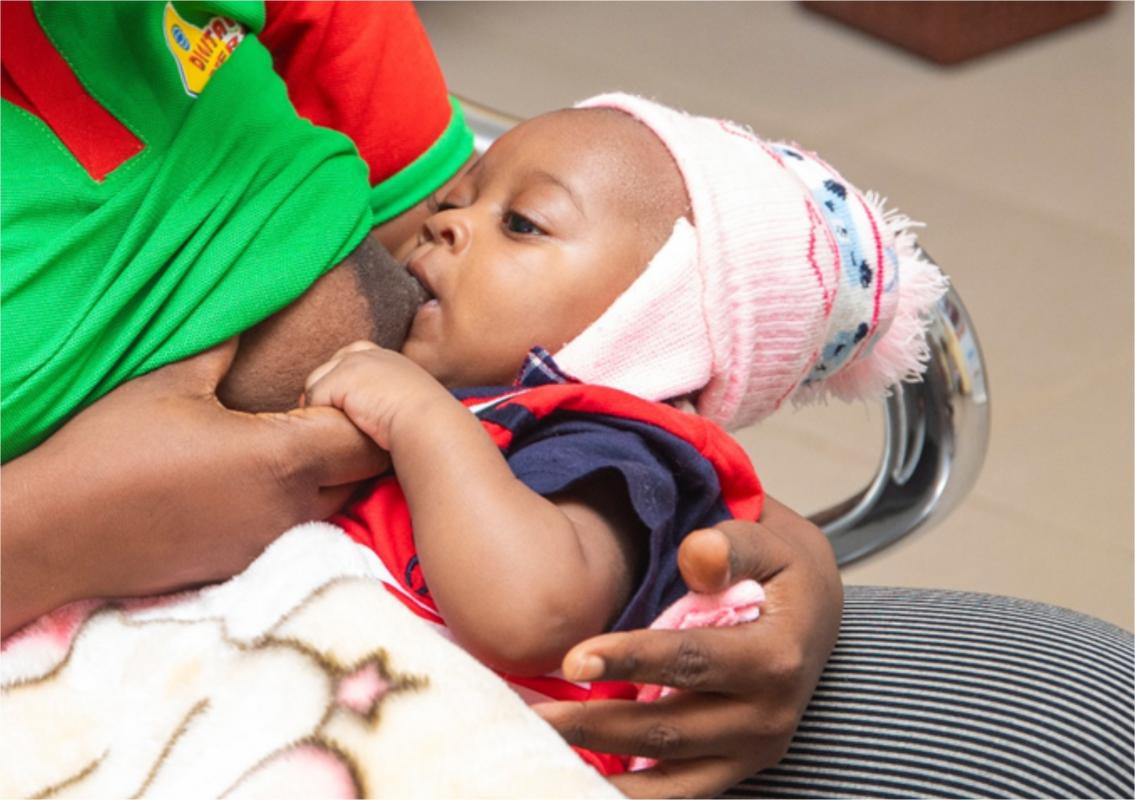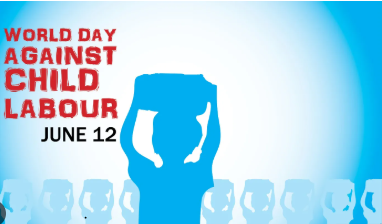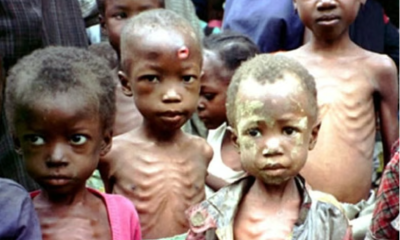The United Nations Children’s Fund (UNICEF) has said babies who are not breastfed are 14 times more likely to die before they reach their first birthday than babies who are exclusively breastfed.
The assertion was made by Dr. Tushar Rane, Chief of Field Office, UNICEF Nigeria Bauchi Field Office in a goodwill message he delivered during the Media Dialogue on World Breastfeeding Week, 2023 held at Jamil Hotel and Suites, Azare on Wednesday.
According to him, “It is the mainstay for safeguarding infants against life-threatening infections, it supports optimal brain development in children, especially in the first 1,000 days and it ultimately lowers healthcare costs”.
Tushar Rane added, “We understand that optimal infant feeding is a cornerstone for human capital development while poor Infant and Young Child Feeding (IYCF) practices bear major risks to child survival and socio-economic growth.”
He stressed that World Breastfeeding Week is celebrated every year to reiterate the importance of breastfeeding for children, mothers, and socio-economic development saying that, “Breastmilk is the first vaccine for every child”.
READ ALSO: Less than 50% infants in FCT are not exclusively breastfed, says minister
He explained that this year’s WBW brings attention to workplace breastfeeding, pointing out that Women make up 20 million out of the 46 million workforces in Nigeria; 95 per cent are within the informal sector, while the formal sector only employs 5 per cent. Shockingly, only 9 percent of organisations have a workplace breastfeeding policy, with only 1.5 per cent in the public sector. Women in the informal sector have nearly no support for breastfeeding.
“Workplace challenges to breastfeeding are one of the primary factors responsible for early cessation of breastfeeding. Women require sufficient time and support to breastfeed successfully. For working mothers, juggling between tasks and breastfeeding may be nearly often impossible.
“Nigeria currently implements two maternity entitlement provisions. The first, which is recognized at all levels of public service and codified in the Nigerian Labour Act, provides up to 12 weeks of maternity leave with at least 50% of salary and, upon return to work, half an hour twice a day during working hours to breastfeed.”
The UNICEF Chief added, “The second, recently adopted by the Federal Public Service and yet to be ratified by the states and local government civil service, is a 16-week maternity leave provision with full pay and two hours off each day to breastfeed up to six months after the employee resumes duty.”
He however said that the government and employers must provide the needed assistance for mothers and caregivers including those in the informal sector or on temporary contracts to conveniently breastfeed or support breastfeeding.
“We must promote policies that encourage breastfeeding, such as paid maternity leave for six months, as well as paid paternity leave, flexible return-to-work options, regular lactation breaks during working hours and adequate facilities that enable mothers to continue exclusive breastfeeding for six months,” he suggested.

 Health5 days ago
Health5 days ago
 Entertainment7 days ago
Entertainment7 days ago
 Crime5 days ago
Crime5 days ago
 Education7 days ago
Education7 days ago
 Health7 days ago
Health7 days ago
 Comments and Issues6 days ago
Comments and Issues6 days ago
 Football6 days ago
Football6 days ago
 Latest6 days ago
Latest6 days ago













